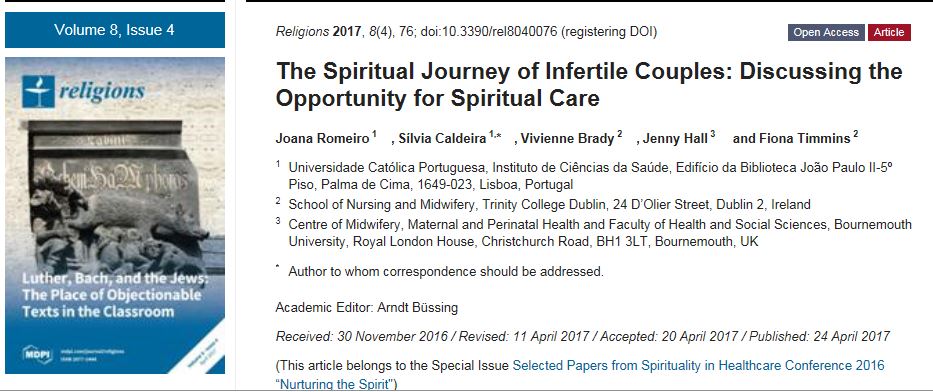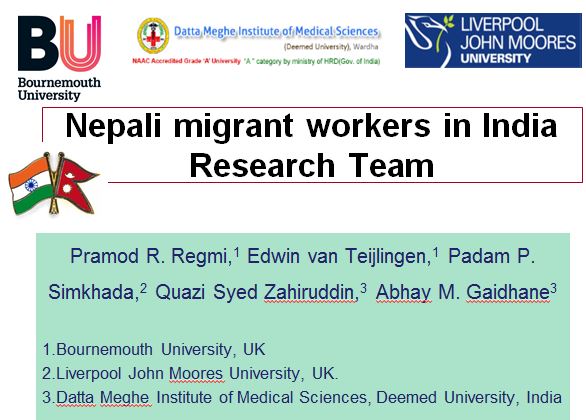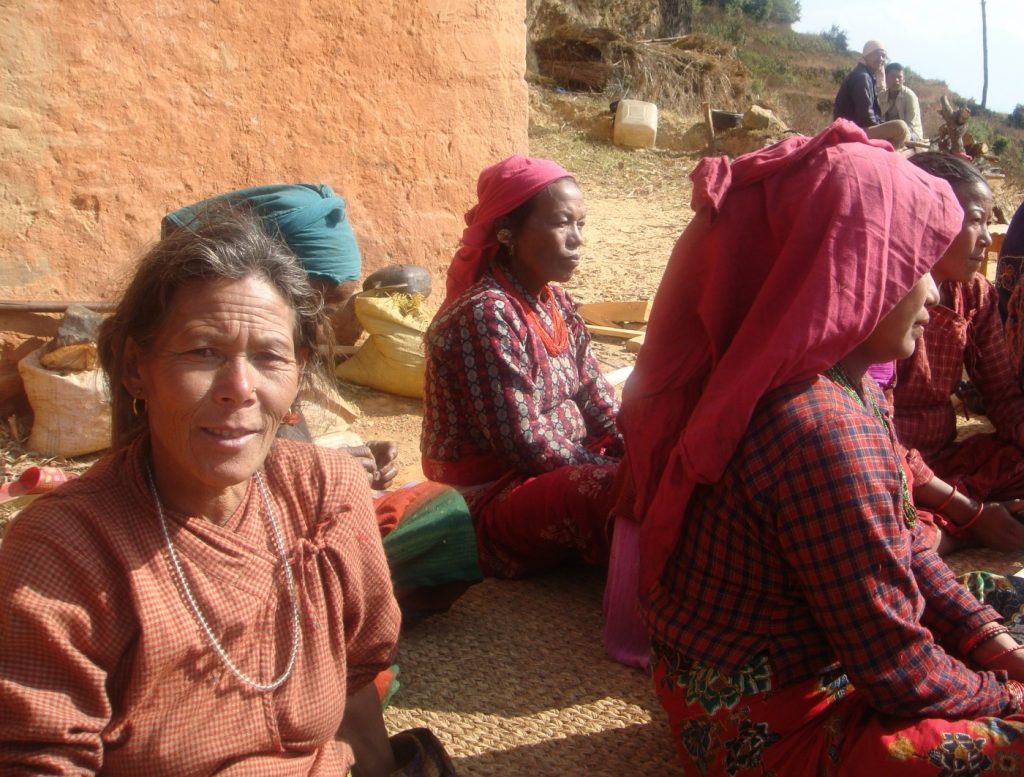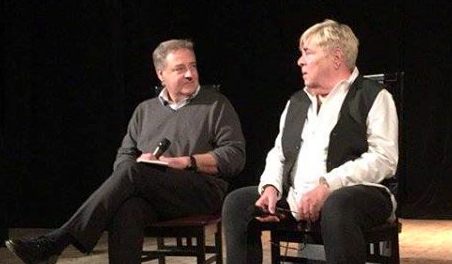Published in The Conversation: Carly Stewart and Jayne Caudwell, referring to recent incidents in British cycling and drawing from women’s autobiographies, offer a critique of post-feminism: https://theconversation.com/vicious-cycle-the-troublemakers-tackling-sexism-in-elite-sport-75687
A number of top women cyclists have claimed, publicly, that they have experienced and/or witnessed sexism in their sport. As a consequence, some of these women have been branded troublemakers. Given this backlash, we argue for an increased awareness of the post-feminist filters through which we view elite sport, and we suggest that such an awareness might ensure that women who do speak out about sexism are not dismissed as individual troublemakers.
Autobiographies by elite sportswomen, and sportsmen, provide detailed accounts of the everyday lived experiences of the culture of competitive sport. These testimonies are often ignored. And yet, they throw light on the practices that constitute gender relations within the win-at-all-cost world of international sport.
The autobiographies of top cyclists Nicole Cooke – The Breakaway, and Lizzie Armistead – Steadfast provide rich description (Denzin and Lincoln, 2011) of how those in powerful decision-making positions in British cycle propel the system of gender inequality.
In our article, we argue that the notion of post-feminism contributes to a lack of attention to sexism:
“In recent years, post-feminism has been linked to an increase in the visibility of female athletes in the sporting media. Female athletes are often (self-) represented as strong and resistant to gendered limitations. This reinforces their seemingly abundant opportunities for liberation and upward mobility in elite competitive sport.
And so post-feminism demands that successful high-profile female athletes embody the normative signifiers of heterosexual femininity and competitive advantage. Many do – and their achievements as both “pretty and powerful” are hailed by post-feminism as proof of equal opportunity in western societies …
However,
… for critical feminists, the warning is that when individual women “can have it all” we are not actually combating systemic gender inequalities. This is because the idea and actuality obscure the subtle, lived reality of everyday sexism. The idea that women can have it all ends up reassuring people that feminism is no longer necessary. Problems are turned into stories about conflict between individuals, a tactic used to disparage feminism and to silence voices that divulge details of discrimination and abuse. All the while, the faults in the system go unaddressed.”
 Congratulations to CMMPH’s Dr. Jenny Hall, Senior Midwifery Lecturer, on the publication of her scientific paper ‘The Spiritual Journey of Infertile Couples: Discussing the Opportunity for Spiritual Care‘ in the journal Religions, see further details here! Jenny has co-authored this paper with academics from Portugal and Ireland.
Congratulations to CMMPH’s Dr. Jenny Hall, Senior Midwifery Lecturer, on the publication of her scientific paper ‘The Spiritual Journey of Infertile Couples: Discussing the Opportunity for Spiritual Care‘ in the journal Religions, see further details here! Jenny has co-authored this paper with academics from Portugal and Ireland.

























 Conversation article: London Marathon – how visually impaired people run
Conversation article: London Marathon – how visually impaired people run Horizon Europe News – December 2023
Horizon Europe News – December 2023